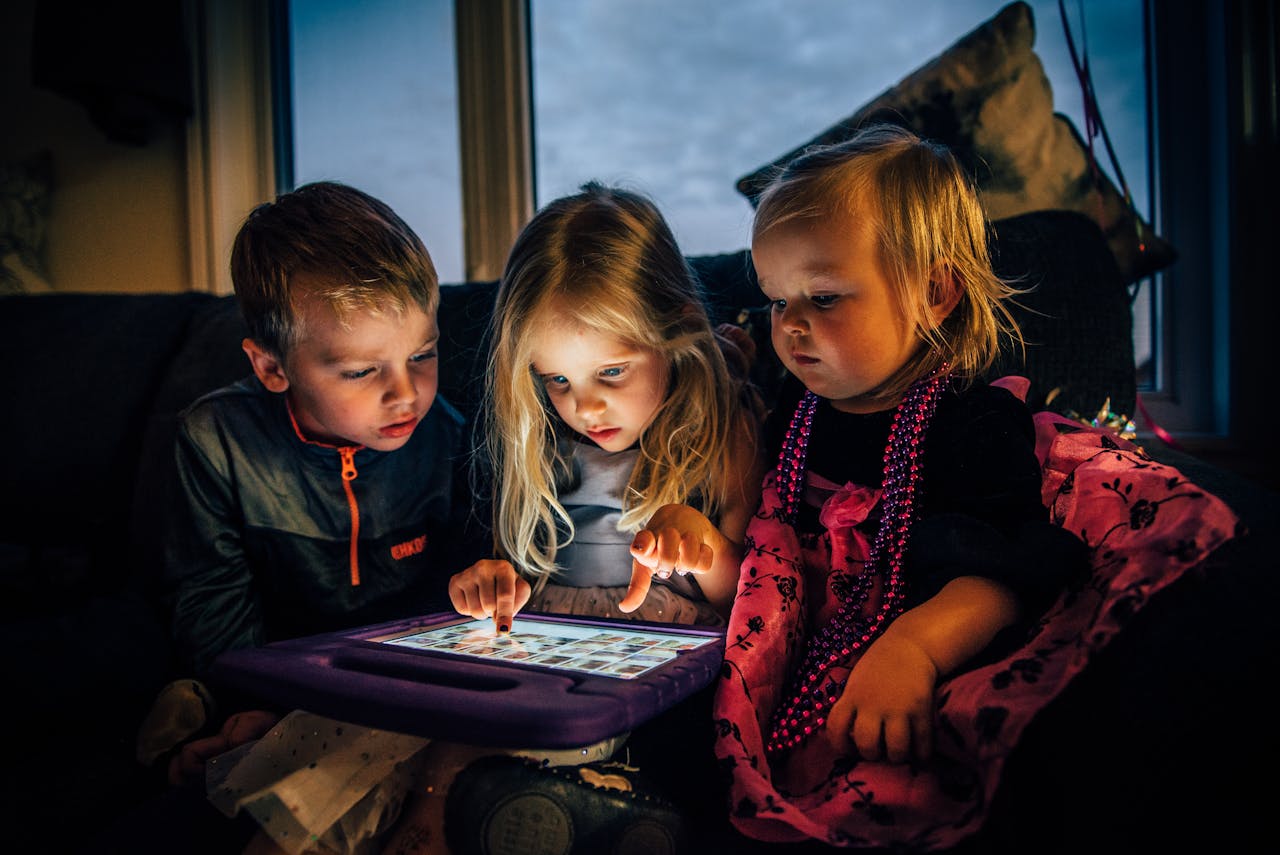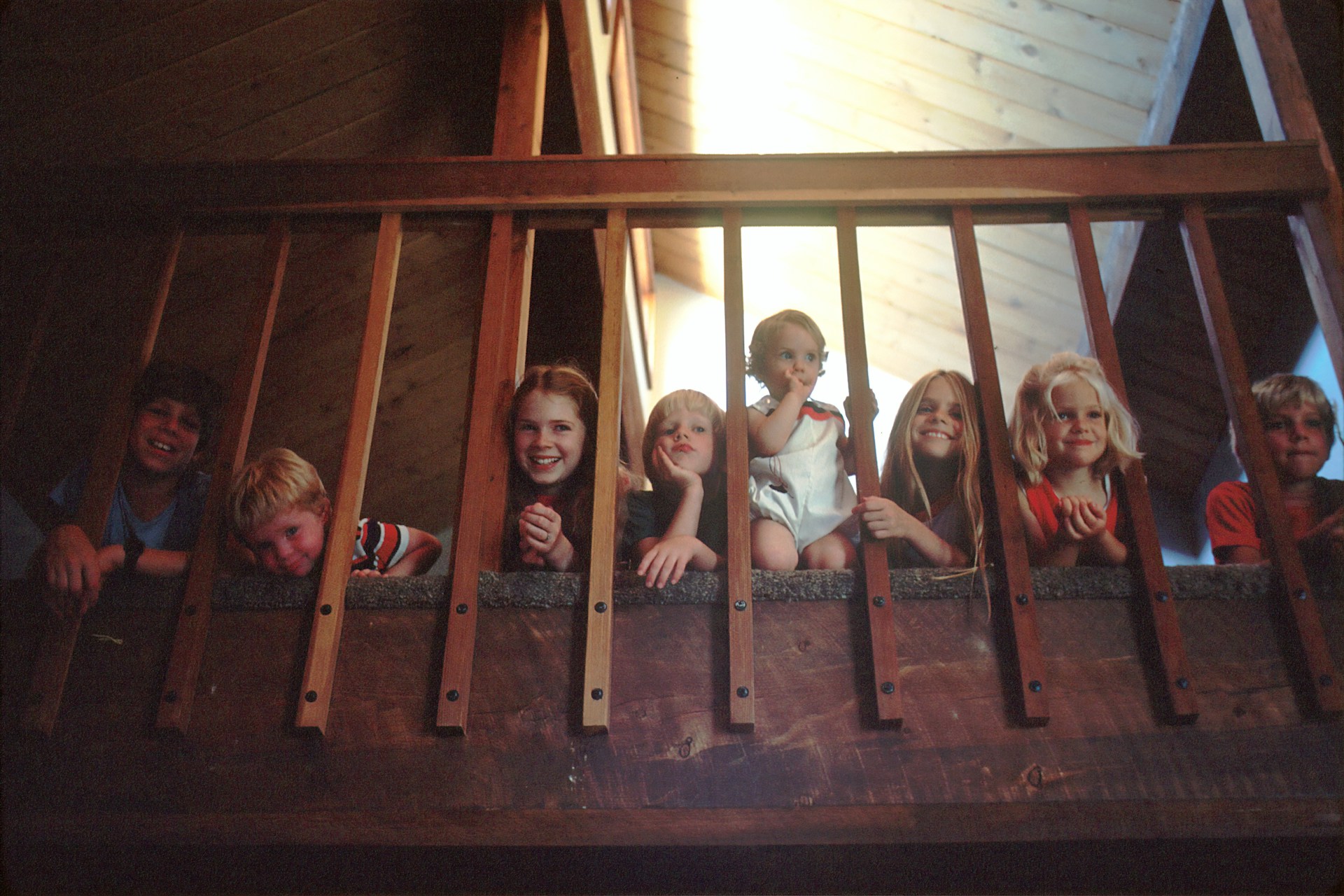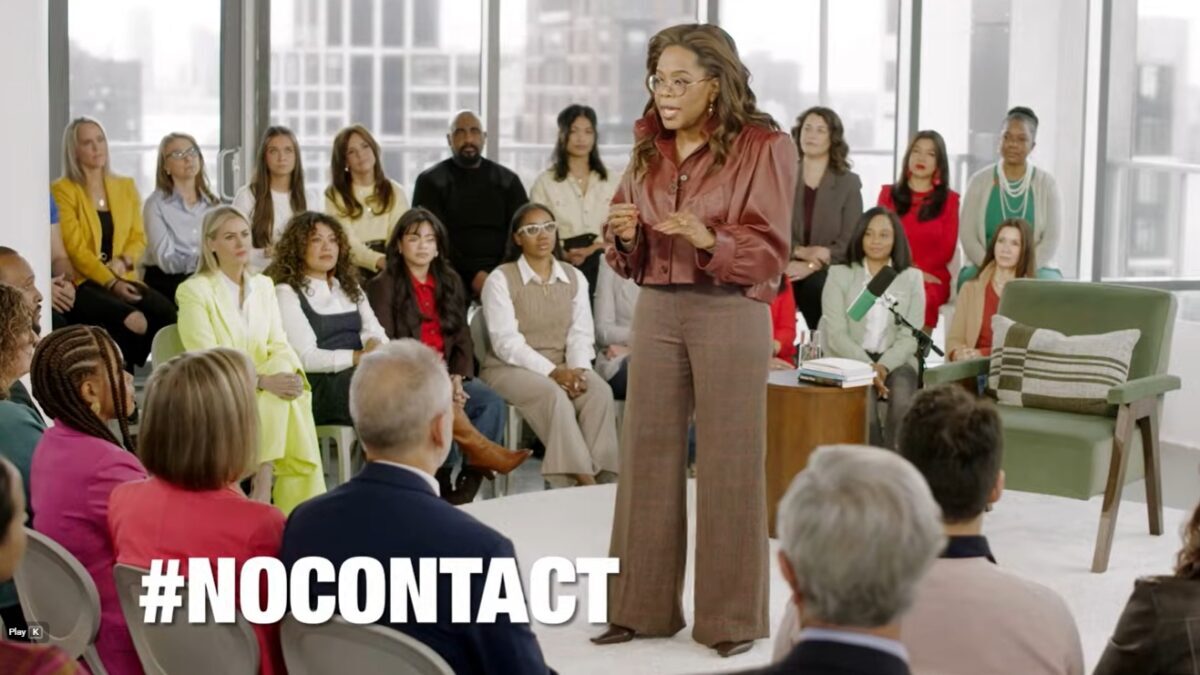1 In 4 Young Americans Cuts Off Parents And Calls It ‘Boundaries’
The article discusses the growing trend of estrangement between parents and adult children in american families, highlighted by the recent public reconciliation between King Charles and Prince Harry after two years of silence. Family estrangement, once rare and deeply painful, has become increasingly common, with about 38% of American families reporting at least one estranged member and roughly one in four adult children cutting contact with a parent. psychologist Joshua Coleman attributes this shift to a cultural emphasis on individual fulfillment over family loyalty,with younger generations prioritizing “healthy” relationships and sometimes severing ties over political differences or identity conflicts. The phenomenon is further influenced by younger adults’ sense of “radical autonomy” mixed with “radical victimhood,” frequently enough focusing on childhood wounds to justify distance.
Parents often suffer profound pain from estrangement, seeking reconciliation, while adult children may initially feel liberated by the break. The author, Paula Rinehart, a therapist, acknowledges that some family members may need to distance themselves for safety but warns that cutting off family ties is generally harmful. She critiques modern therapy’s role, noting that setting boundaries can become an excuse for disconnection, and expanding definitions of trauma may discourage people from working through family issues. Family relationships inevitably involve disappointment and hurt, but maintaining connections despite flaws is essential to avoid widespread loneliness and isolation. The article ultimately calls for efforts to rebuild and preserve family bonds as a crucial antidote to increasing social alienation.
King Charles and Prince Harry recently made news when they shared a cup of tea after two years of estranged silence. That should give many American families hope. Going “no contact” or little contact with a parent is a disturbing trend, one sure to add fuel to already record-high levels of loneliness and isolation in post-Covid life.
Ten years ago, a parent who had not met a grandchild or had been cut out of an adult child’s life was a rarity in counseling offices like mine. I still remember the wrenching grief on the few faces I saw.
Now the experience is becoming far more common. Where I live, couples flock from around the country, enjoying the quiet sanity of the Blue Ridge Mountains. You learn quickly who you can’t ask about their children or grandchildren. It’s too painful. They aren’t on good terms with an adult child. They may not know his or her children. Hints of parent-child estrangement litter the social landscape now.
The most recent data shows that 38 percent of American families report at least one family member estranged from the rest. About 1 in 4 adult kids has reportedly gone “no contact” with a parent. The numbers are large and growing, enough that advocates have begun a concerted effort to normalize and destigmatize the practice. Groups such as Stand Alone are springing up to support adults going solo into the future.
Understanding Why
Few human attachments are considered more inviolable than the parent-child bond. Judeo-Christian societies are built on the bedrock of the fifth of the Ten Commandments: to honor one’s father and mother. Yet estrangement between a parent and an adult child is happening with more frequency. Why?
Psychologist Joshua Coleman explores this version of family breakdown in his book, Rules of Estrangement. “Emphasis on loyalty to the family unit has been replaced with the pursuit of individual fulfillment. … Family [now] is what you make it.” The search for personal happiness is used to justify breaking free from a troublesome family relationship, especially if political differences clash or an identity or lifestyle is not affirmed.
Older adults still have a sense of duty when it comes to family. Younger adult children put a premium on relationships they consider “healthy.” Family becomes optional. As Coleman writes, “The family, more than any other institution, is the place Americans tend to go sniffing when they want to root out the inhibitions, anxieties, or propensities to failure that appear to block the path to growth and achievement.”
Noelle Mering, a fellow at the Ethics and Public Policy Center and author of No Contact, claims that Gen Z adult children see themselves at the mercy of systemic forces that override their efforts or merits. They take less responsibility, then, for their own choices. A combination of “radical autonomy” (I will define myself) and “radical victimhood” focused on childhood wounds is the nexus of what drives them.
For parents, the pain of being estranged from an adult child is enormous. Coleman writes that parents call him sobbing on the phone, desperate to find a way to rebuild and reconcile. Adult children, however, often experience a break in relationship as liberation, at least initially.
There Must Be a Better Way
As a therapist who is also a mother and grandmother, I can acknowledge there are parents or siblings too unsafe to see — or see very often. But this is rare and should remain so.
Historically, a “cut-off” with a parent or sibling is what every good therapist schooled in family dynamics worked her tail off to help a person avoid. Axing family members leads to cutting off a friend or spouse or your own child — anyone who manages to trigger your insecurities. “Cut-offs” follow a generational pattern as surely as addiction or suicide. It’s a plague that can become a way of doing life.
These days, therapists can be part of the problem. Therapy has morphed into a school for personal autonomy. “Setting boundaries” is such a common catch-phrase that even comedian Leanne Morgan built a whole routine around it. Relational boundaries are helpful, but they can also be weaponized with little consideration for the effects on the other party. Experiences long considered ordinary are now reclassified as “trauma” under greatly expanded definitions. Therapists sometimes promote the idea that a person can’t move forward without solving the riddles of his family’s past. Annoying or dysfunctional family members get labeled in absentia as toxic or narcissistic. Why bother learning to relate to them?
Who anticipated that the quest to “become your own person” would trickle down into the fracturing of primary family bonds? But cutting family off will not lead to the freedom or maturity this generation longs for.
What everyone comes to realize, slowly and sometimes painfully, is that all families let each other down. It’s not possible to be in a close relationship of any kind without wounding the other person or being wounded. So we try again. Maybe we see that family member less often or for a holiday meal instead of two days. Grappling with a parent’s or child’s flaws, poor choices, or clueless responses is a rite of passage for each of us. The goal is to grow past these things while holding onto family relationships, even the difficult ones.
Few of us can see that the choices we are making at 30 may well lead to spending Christmas alone at 60. This trend of cutting off primary family members does not bode well. Almost 60 years ago, the Beatles sang, “All the lonely people, where do they all come from?” Unless we help people weather differences and difficulties in the hoped-for intimacy of family, we are facing a tsunami of lonely people locked in their own Hollywood Squares, waving from a distance.
Paula Rinehart, LCSW, is a therapist in Raleigh, North Carolina, and the author of the book “Sex and the Soul of a Woman.” She writes about family and culture.
" Conservative News Daily does not always share or support the views and opinions expressed here; they are just those of the writer."




